|
Some things can’t be put on hold as the world tries to wrestle the latest coronavirus pandemic to the ground. This includes the quest for justice, be it political or economic. The arrest in France of one of the alleged lynchpins of the Rwandan genocide, Félicen Kabuga, was met with excitement that justice was finally going to be served. But the reaction has subsequently been tempered. As Kerstin Carlson warns, there are a number of reasons why Kabuga’s case doesn’t represent a simple triumph for justice. One is his age. He’s 84, a fact that his attorneys are bound to use to argue that he’s too frail to stand trial. A second is that there is likely
to be a tussle about where he should stand trial - Rwanda, Tanzania or France.
Justice of a very different kind is examined by Sam Varvastian. He writes about a UK Supreme Court ruling passed down last year that could send an interesting precedent when it comes to corporate accountability for climate change. The court ruling - against a London-based mining firm - established that UK parent companies can be held liable under UK law for the actions of their foreign subsidiaries.
Mory Kanté was a legend. The Guinean-born composer and multi-instrumentalist had a singing voice of heart-rending beauty and an individual style on the West African harp, the Kora. Lucy Durán describes his legacy, and why he’s being mourned so deeply.
|
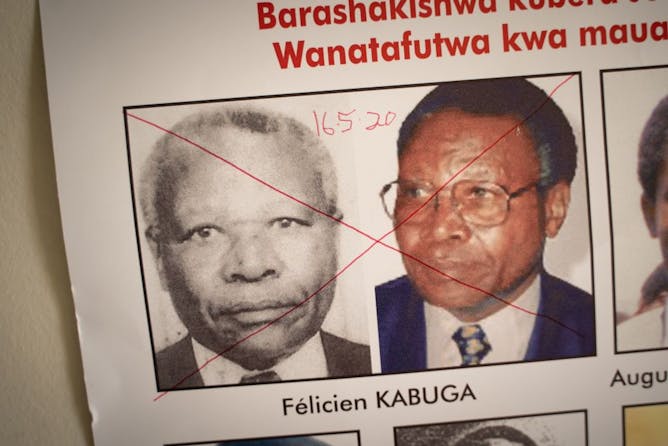
The date of arrest and a red cross marked on the face of Felicien Kabuga on a wanted poster at the Genocide Fugitive Tracking Unit office in Kigali, Rwanda, on May 19, 2020.
(Photo by Simon Wohlfahrt/ AFP via Getty Images)
Kerstin Carlson, University of Southern Denmark
Given the contested success of transitional justice in Rwanda, the arrest showcases the mixed record of international justice.
|
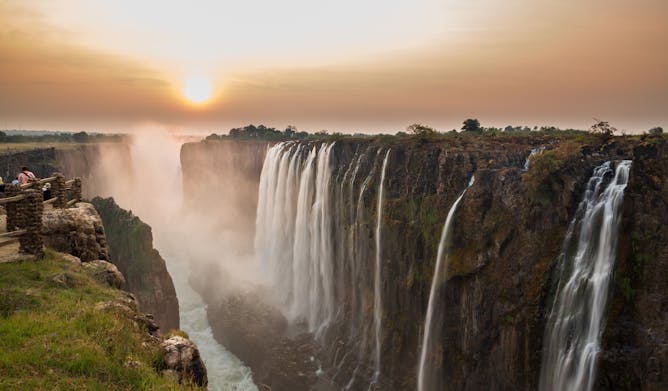
Victoria Falls viewed from Zambia. A case brought by Zambian farmers in UK courts could have international implications.
FCG / shutterstock
Sam Varvastian, Cardiff University
How Zambian farmers won the right to pursue claims in UK courts – and why UK polluters should be worried
|
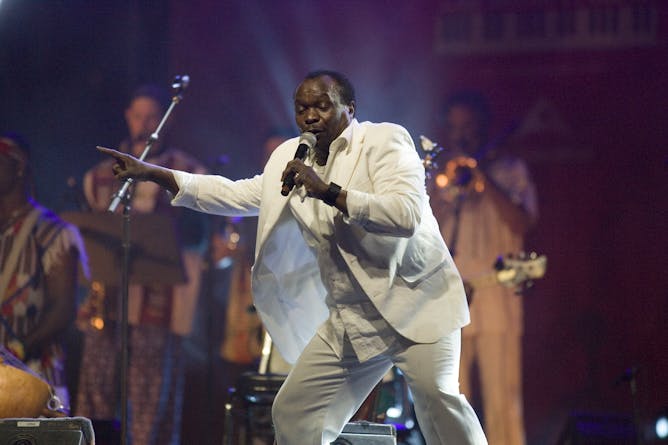
Pedro Ruiz/Gamma-Rapho/Getty Images
Lucy Durán, SOAS, University of London
His single Yeke Yeke was the first African song to pass a million in sales, but it's meaning was best understood in Guinea, home of the griot and kora star.
|
Politics + Society
|

Jeffrey Conroy-Krutz, Michigan State University
While more people are using the internet and social media during the pandemic, they aren’t entirely happy with what they see.
| |
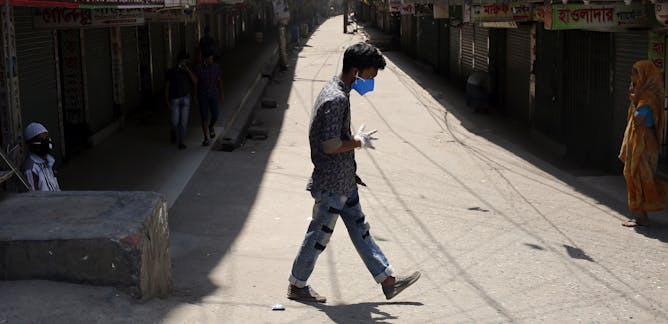
Rajiv Chowdhury, University of Cambridge
In lower-income countries, 50-day cycles of lockdown with relaxed periods in between could strike a balance between controlling the virus and getting economies running again.
|
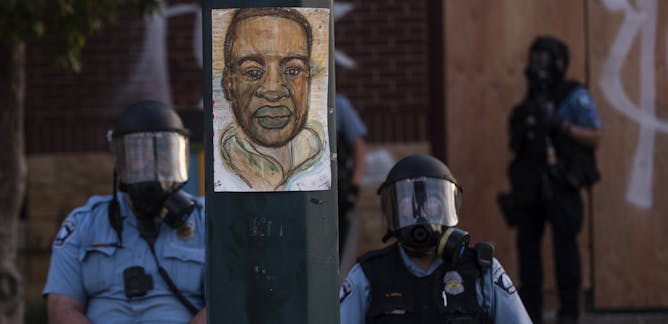
Shervin Assari, Charles R. Drew University of Medicine and Science
Police killings of black men gain widespread attention, but black men's life-and-death issues are ignored on a daily basis, a physician who studies health gaps explains.
| |
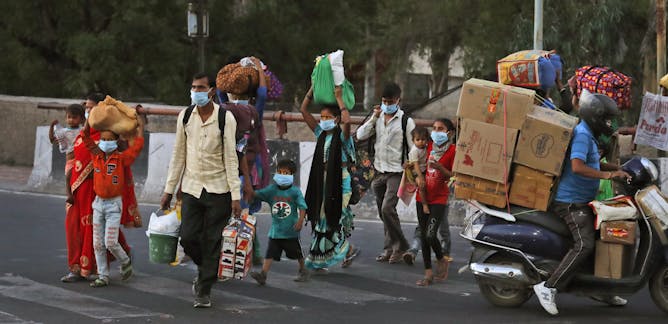
Sumit Ganguly, Indiana University
Dalits have long been ostracized as the 'untouchables' in Indian society. Discrimination and the impact of the coronavirus have only reinforced their status.
|
|
|
Science + Technology
|
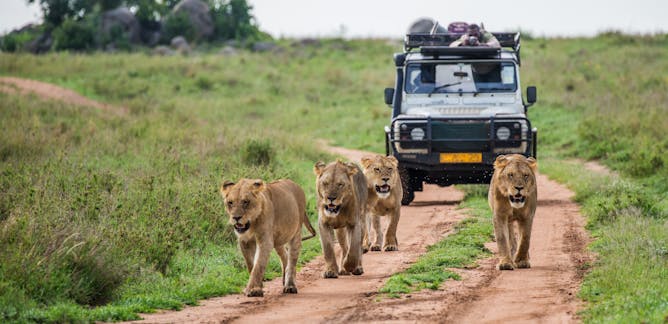
Matthew Wills, University of Bath
Evolution seems to lead to increasing complexity of species. But perhaps a dominant, intelligent species like humans will always end up destroying itself.
| |
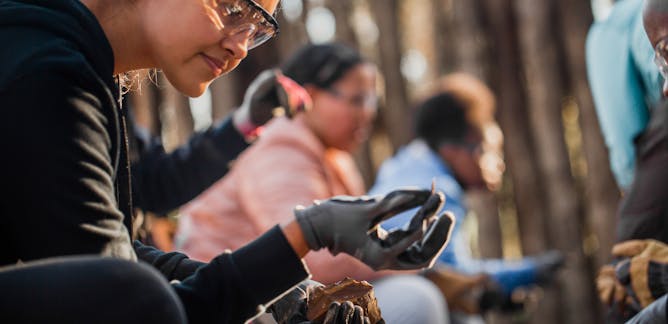
Robyn Humphreys, University of Cape Town; June Bam-Hutchison, University of Cape Town; Rebecca Ackermann, University of Cape Town
There are some moves towards recognising and redressing archaeology's colonial history.
|
|
|